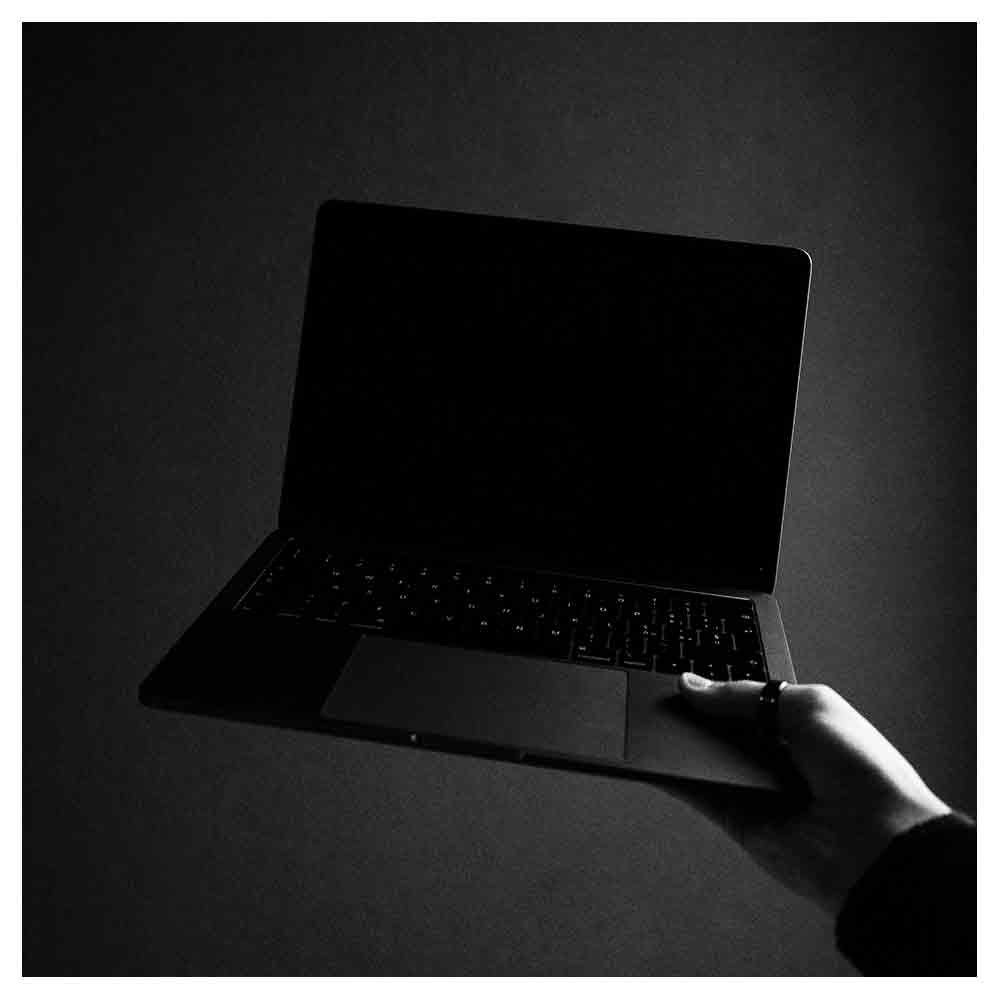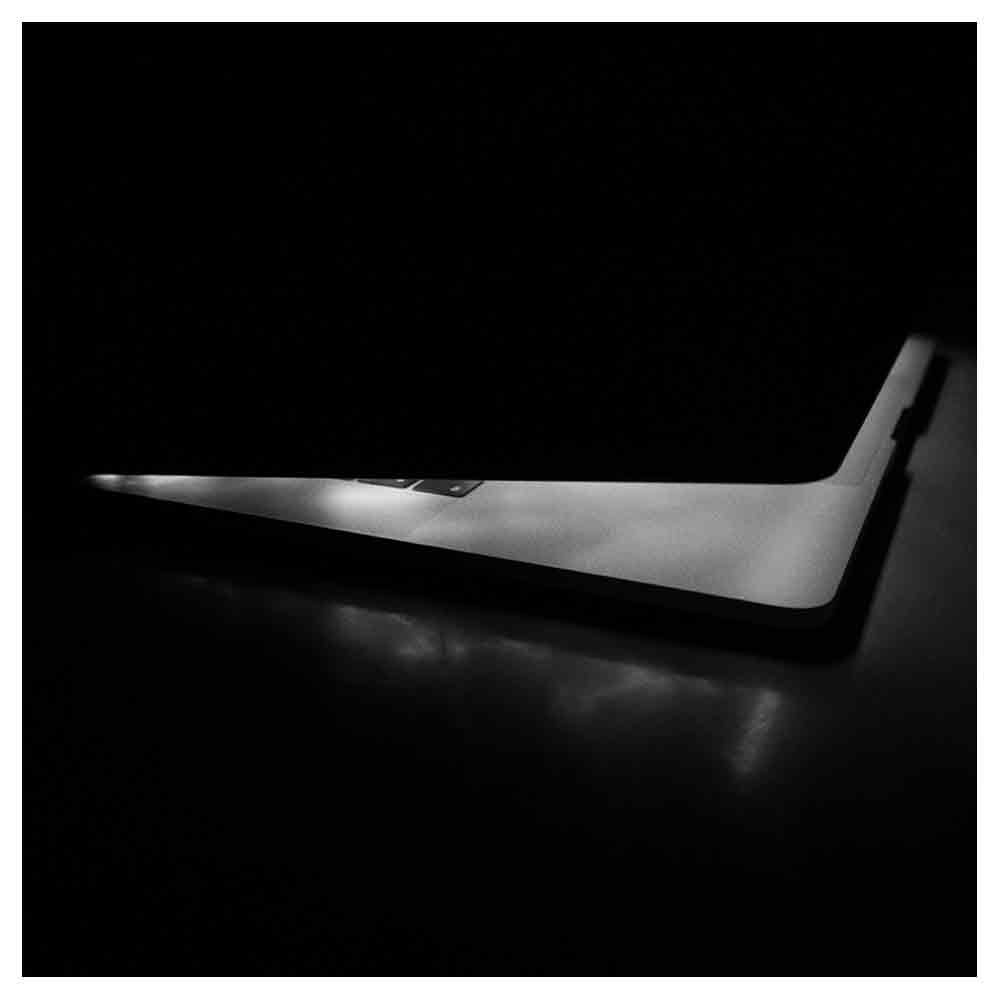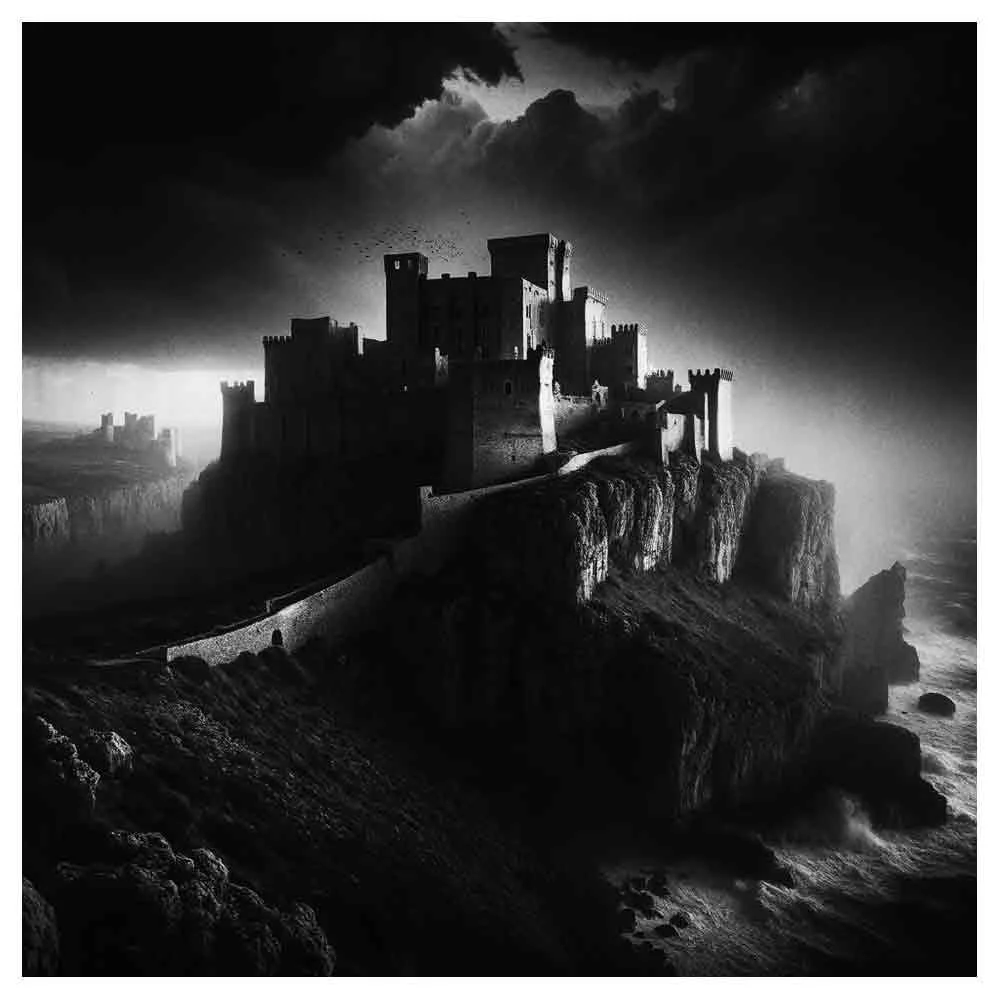What Does A Film Director Do? Everything You Need to Know!
Many people are familiar with Steven Spielberg, Martin Scorsese, James Cameron, Alfred Hitchcock, Clint Eastwood, Wes Anderson, David Fincher, Peter Jackson, Christopher Nolan, and Quentin Tarantino.
World-famous film directors whose names are attached to some of the most popular movies of the last century. But if you would ask people what these directors actually do on a film set, most of them probably have no idea.
When I meet new people and tell them I work as a director, they usually have no idea what that means.
Many of them think I’m on a film set all the time, sitting on one of those fancy director chairs, screaming stuff through a megaphone, and hanging out with models and other celebrities in my spare time. Unfortunately, that’s not the case.
In this article, I will talk about what a director actually does on a film set and what directors generally do when they are not working on a film set.
Table of contents:
What is a film director?
A film director is a working title for the visual architect of a film project—someone who guides a film crew to bring the images to life.
As the important role of being the creative leader, the film director ensures the project is executed in the way it was written, planned, prepared, and sold to whatever company or person invested money into the project.
Just like the musicians of an orchestra would play out of sync without a conductor, the film production crew wouldn't know what to do without the guidance of a film director overseeing the project.
The film Director job description
In business terms, a film director's job description can best be described as a project manager. This person is responsible for the promised visual outcome from start to finish.
A director chooses the right crew members to be on board and works closely with them in the creation process to get to the final result.
Film directors are not only working on big Hollywood films. All commercials, fashion films, music videos, short films, brand films, live registrations, or whatever filmmaking project that is done the right way is led by a film director. Yes, that even includes porn!
All these different types of content require different directing skill sets. That's why there are many specialized film directors for niches and sub-niches.
Most of the time, a film director for a project is a single person. But it can also be a shared position - a directors duo, like The Wachowski's (The Matrix) or The Coen Brothers (No country for old man).
When film production budgets are minimal, you sometimes even see that the person handling the camera is also in charge of the direction.
How To Be A Film Director?
What sets different film directors apart is their creative vision and visual taste. What I mean by that is how you prefer to see the story come to life according to what you believe best suits the project.
This involves everything that you see in the shots of a film project. Some prefer a more realistic approach, and others prefer a more over-the-top style for certain visual elements.
If you want to be a good film director, you have to have excellent visual taste. Now how do you define your visual taste? Let's pretend we will direct a short film project with a concept about a man and a woman driving in a van from Paris to Berlin.
Chances are you see a different van in your mind than I do. Just like you would probably see another man and woman driving the van.
Your visual preferences, which you assume to be visibly beautiful for this project, define your visual taste. But it's also how you work and captures that story.
film directing is a lot about making creative decisions
To understand what I mean by that, let's take this example of the couple on a road trip a step further and assume someone is chasing them because they stole something. Would you like to position the camera only inside the car with the characters? Using primarily (extreme) close-ups to create an intense paranoia feel?
Or do you prefer a more observative perspective and show more of what's going on around the car to create a feeling of constant threat? There are many different ways to capture the story, like many different ways to stage the story's mood.
Would you like it to rain constantly and have them only driving at night to create a very dark and haunting atmosphere? Or would you want it to be sunny all the time? Does the character's clothing or car represent a specific underlying message about their hidden background story or relationship?
Is there any particular music (with or without lyrics) in the background to emphasize a certain feeling, or will it just be soundscapes? All these creative decisions lead back to the film director, and it's the director's job to think about all these little details before going to the actual film set.
Every decision regarding these details matters because every element you see in the shots can influence how the audience perceives the story, project, or concept. Sometimes a lot of detail is already laid out on the table, which often happens with a commercial. But other times, you are expected to elevate the project by aligning your vision with a client.
Being a good director is About being a great communicator
This is why getting a great crew on board in the production process can help a film director.
Great crew members function as great advisors. They have more experience with specific skills like handling a camera, lighting a scene, stying cast members, etc.
In preparation for the shoot, it's the director's job to outline the vision or approach for a project and discuss how to bring it to life with the crew members.
This is why good communication skills are essential for a film director. The director's job is to communicate what they aim for so that other people understand how they can use their skills to help create the desired result.
What does a Film director do on a film set?
On the film set itself, it’s the director’s job to oversee that all the things they have thought about, or how the project was designed, written, and storyboarded (by someone else), are created in a way that is in line with the promised final result.
That involves not just sitting on a fancy director's chair screaming through a megaphone but communicating with every department of the film crew (camera, make-up, styling, art department, etc.) and the cast members what is expected from them on the journey of shaping the film.
This means making many fast and impactful decisions, staging scenes, rehearsing, saying ‘cut’ and ‘action’ at the right moments, and ensuring everybody is on the same page.
If a film director has done an excellent job with lots of preparation and repetitions with the cast (and crew), they don’t have to do much on a film set other than correcting if things go wrong or off track.
An assistant director will often scream (and shout) during the film process (sometimes using a megaphone), ensuring the whole filmmaking circus works on schedule and that all the shots are captured in the way the film director has staged them.
Only then will a film director sit on one of those fancy director chairs, watching the monitors, updating their Instagram feed, and giving guidance if something isn’t in line with what’s prepared.
What does a director do when not working on a film set?
You probably think a director spends most of their time on a film set, but it’s quite the opposite.
When film directors are not working on a film set, they are either working in pre-production (preparing all the stuff for a shoot), in post-production (finishing the project in the editing room, color correction, sound mix, etc.) or working on getting their next directing gig.
pitching creative ideas via director treatments
It depends on what kind of work the director is specialized in, but most of the time, getting new work as a director via the traditional route means creating director treatments. A lot of director treatments!
Director treatments are (digital) pitch documents in which a director outlines their vision and explains why they are the right person with the credentials to bring the potential project to life.
It’s essentially the ultimate film director's sales tool where a director can outline everything they consider vital to communicating their creative vision and ideas for a new project.
Eventually, a client, company, investor, executive producer, or whatever person will select a director’s treatment they feel best represents the collective vision for the project and award the project to the director. This is why crafting engaging director treatments is essential to beat your filmmaking competition and landing your next dream project.



































